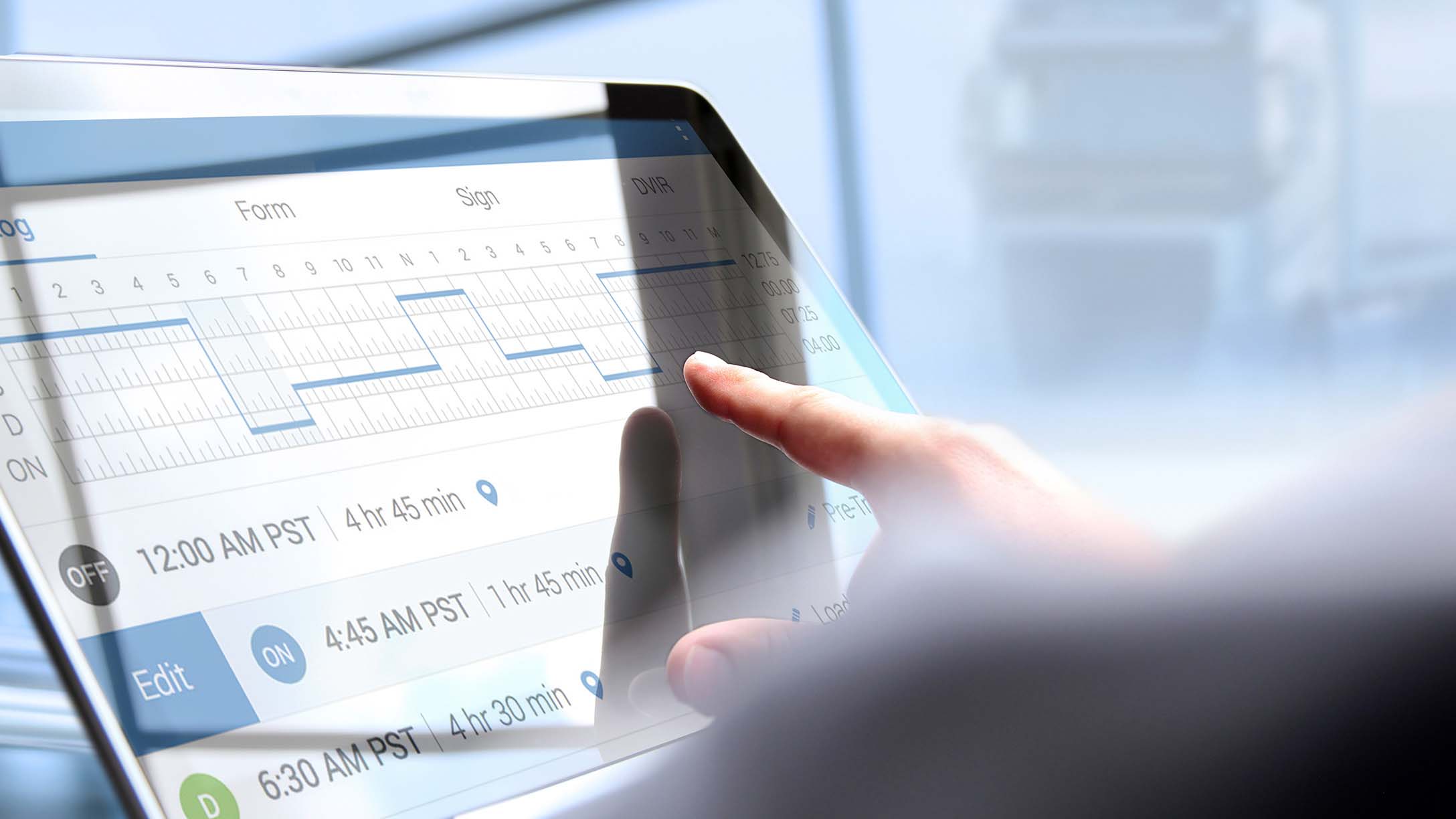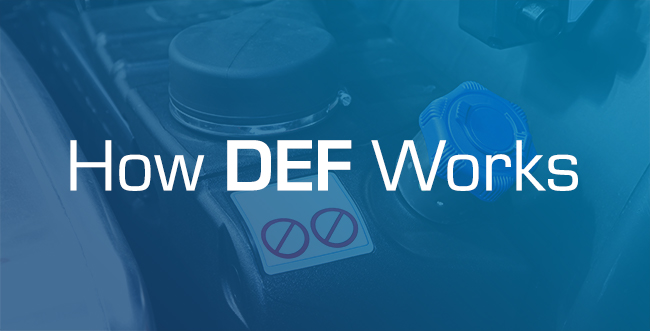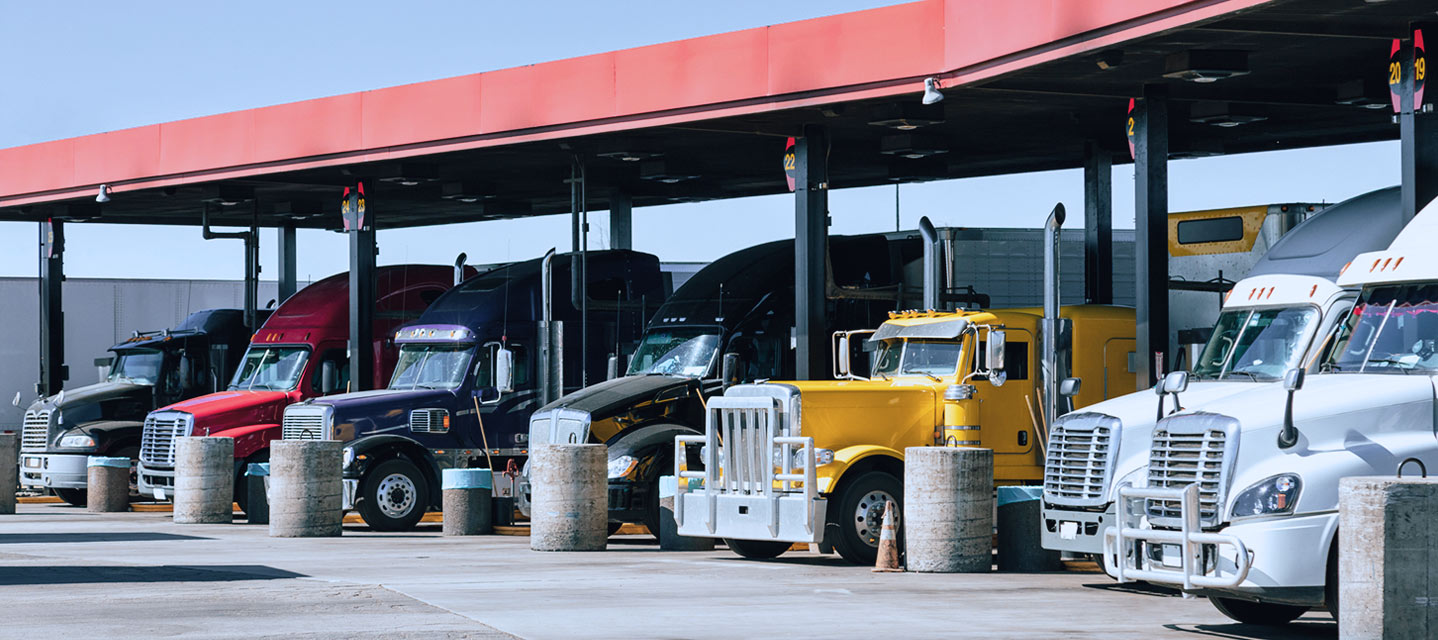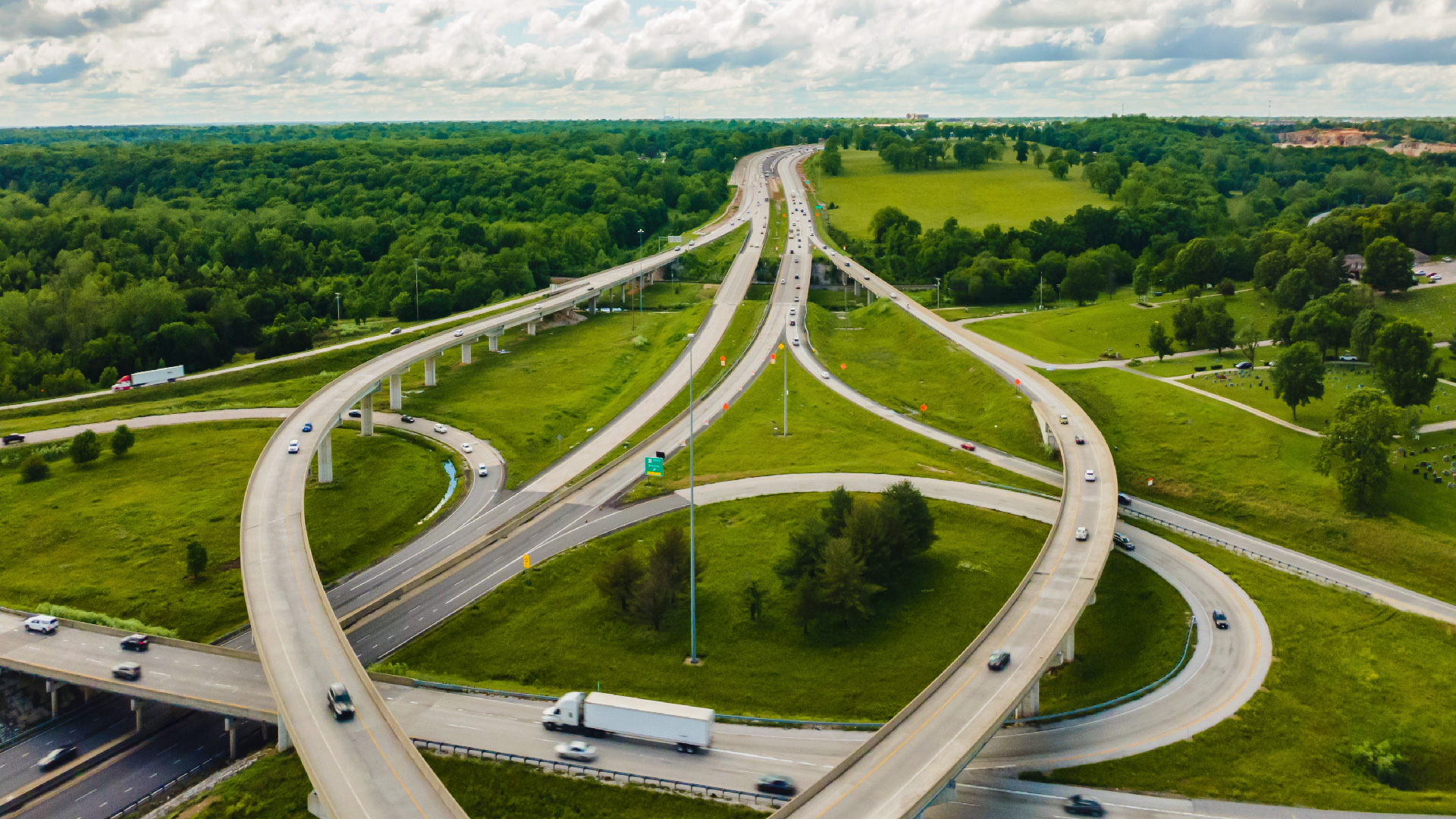ELD self-certification: What you need to know
Get answers to frequently asked questions about ELD self-certification.

By Robin Kinsey
Leasing Business Development Manager at Geotab
Apr 10, 2024
Updated: Apr 9, 2025

ELD certification involves an independent evaluation by accredited testing laboratories, while ELD self-certification relies on the ELD provider's own assertion of compliance. Both methods aim to make sure ELDs follow rules, but they have different levels of oversight and assurance.
Is the device your fleet uses a certified electronic logging device (ELD)? The answer may seem easy, but it's actually complicated because of the self-certification process required for registered devices. We've assembled everything you need to know about FMCSA eld certification. To get official information, check the FMCSA ELD registration and certification FAQ's for the official ELD Certification List.
What is ELD certification?
ELD certification is a formal evaluation done by third-party labs accredited by authorities like the FMCSA. It ensures compliance with regulations for motor carriers in the US.
- ELD providers submit their devices to these accredited testing laboratories for thorough testing against technical specifications and performance standards outlined by regulatory agencies.
- The testing laboratories conduct rigorous tests to ensure that ELDs meet all applicable requirements, including data accuracy, reliability, security, and tamper resistance.
- After a regulatory authority or testing lab certifies it, it officially approves it, showing that it meets standards.
What is ELD self-certification?
ELD self-certification refers to the compliance process in which a manufacturer certifies its ELDs. In the U.S., manufacturers certify ELDs, not the Federal Motor Carrier Safety Administration (FMCSA).
- ELD self-certification allows ELD providers to certify their own devices without undergoing formal testing by third-party laboratories.
- In self-certification, ELD providers attest that their devices meet all applicable technical specifications and performance standards outlined by regulatory authorities.
- Self-certification lets ELD providers be flexible and quick. However, they need to ensure their devices are accurate and comply with the rules.
- Regulatory authorities may still review self-certified ELDs for compliance through audits, investigations, or other means to ensure ongoing adherence to regulatory standards.
The FMCSA needs manufacturers to register their ELD devices and confirm they follow the ELD final rule. Device makers must register their ELDs and confirm they meet technical requirements to be ELD certified.
Read more: California's Clean Truck Check [2025 Fleet Manager's Guide]
Why aren’t there more vendors on the Registered ELDs list?
If you go to the FMCSA’s website, the list of registered ELD devices is not as long as you might expect. ELDs have complex technical requirements, and not all companies meet them fully. This is why some companies struggle with ELD compliance.
Even if a manufacturer is on the ELDs list, their solution may not fully meet FMCSA's requirements. The FMCSA can remove non-compliant ELDs from the list if it chooses to do so.
You can view the list of revoked devices here.
Is Geotab Drive FMCSA registered?
Geotab Drive ELD registered with the FMCSA in October 2017. Learn more about Geotab’s fleet compliance software and registered ELD Solution.
Is ELD self-certification available in Canada?
No. Canadian ELD self certification is not available. They can only be third-party certified and cannot be self-certified. Canadian ELDs must follow rules set by CCMTA for Electronic Logging Devices. These rules outline the minimum requirements that ELDs must meet.
See also: Transport Canada ELD mandate: What fleets should know
How do you make the right ELD decision for your fleet?
When selecting an ELD provider, we encourage everyone to conduct their own investigations into ELD manufacturers. Before you commit to a solution, make sure the manufacturer meets both your requirements and those of the FMCSA.
For tips on what to look for when choosing an ELD provider, see our blog: ELD options: How to pick the best ELD provider.
While Geotab recognizes our place as a self-registered ELD manufacturer and provider and we will answer questions regarding those Hours of Service (HOS) ruleset options we provide, neither Geotab nor any of its employees, officers or agents can offer legal advice to any resellers or customers concerning which HOS ruleset(s) or exemption(s) may apply to any particular situation. Please contact your local DOT department or refer to the FMCSA website at https://www.fmcsa.dot.gov/ for questions Geotab is unable to answer.
Originally published in May 2017.
Subscribe to get industry tips and insights

Leasing Business Development Manager at Geotab
Robin Kinsey has over 25 years of sales experience in a combination of individual contributor and sales management.
Table of Contents
Subscribe to get industry tips and insights
Related posts

What is DEF? How diesel exhaust fluid works and why it's essential for fleets
July 16, 2025
5 minute read

9 strategies to increase fleet fuel efficiency and lower fuel costs
July 8, 2025
4 minute read

Creating a fleet safety culture that’s built to last: Lessons from Missouri DOT and NYC
July 7, 2025
8 minute read

Field service is losing money to bad data: Go beyond GPS with smarter telematics
June 27, 2025
3 minute read


Enhancing winter road maintenance with postseason materials usage analyses
June 20, 2025
6 minute read